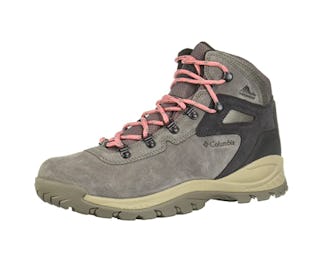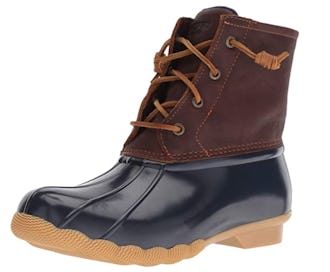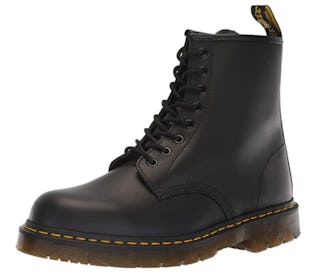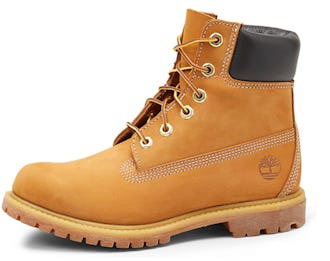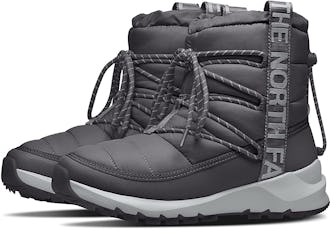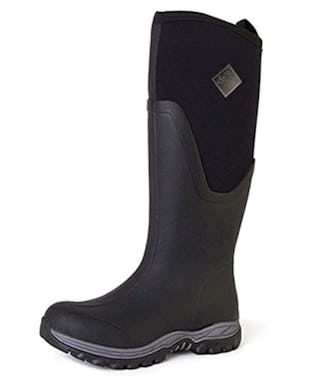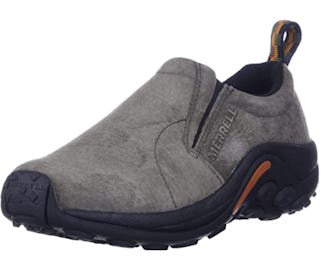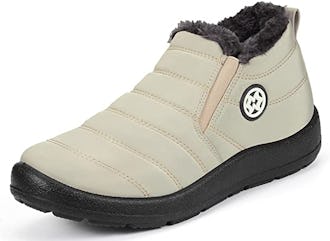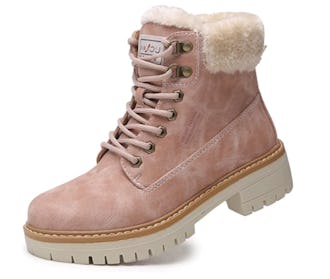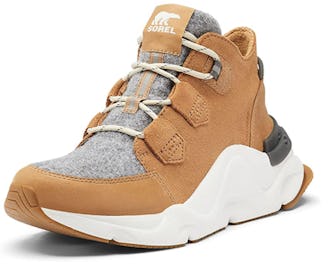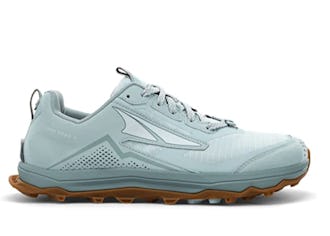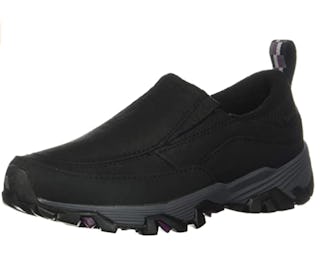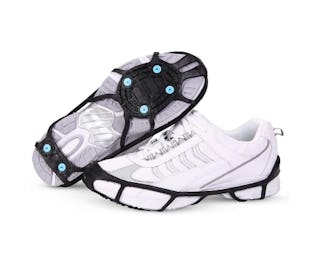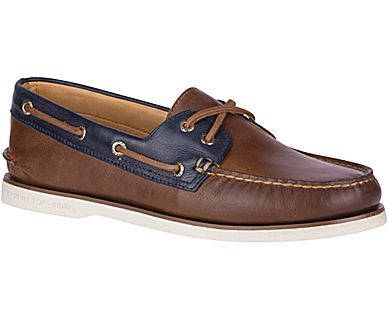Whether you’re a winter sport enthusiast or just a commuter who wants to get around safely, proper footwear is essential.
Winter is a time of year when you might face icy conditions and slippery surfaces, so it’s important to make sure your shoes are up to the task.
But how do you know which shoes are best for icy conditions? There are many factors to consider: traction, insulation, and breathability are just some of them.
Best Shoes For Icy Conditions
The 12 Best Shoes For Icy Pavements, According To A Podiatrist
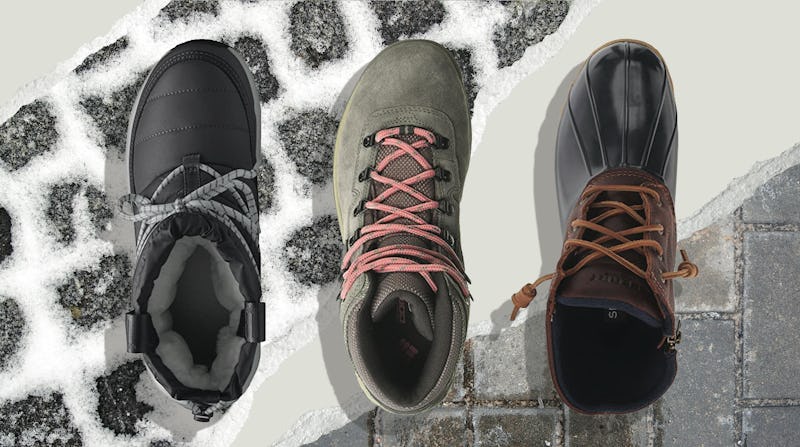
Bustle/Amazon
Icy pavements not only make it more difficult to go about your daily errands, but they can also make it more dangerous. I myself have been a victim of icy pavements — and while I am a bit of a klutz, the main thing that led to my bruised bottom wasn’t my lack of grace, but the wrong pair of shoes. That’s why I reached out to ABMSP-certified doctor of podiatric medicine, Dr. Dana Canuso, who filled me in on the main features to look for in the best shoes for icy pavements — namely, good traction, ankle support, and arch support.
Slipping on icy pavements can cause harmful injuries, so the shoes you choose are important. “Wearing a supportive shoe that stabilizes the [foot] and ankle in case of a slip could prevent a host of problems,” Dr. Canuso says, like pulls, sprains, or bone fractures that can take months to fully heal. So, what does a supportive shoe consist of?
- Traction: This is Dr. Canuso’s number-one advice when it comes to finding the best shoes for icy pavements. Look for shoes that have deep grooves on the outsole, and “avoid ‘plastic’ feeling soles that are slippery,” she says.
- Ankle support: According to Dr. Canuso, “Your ankle has multiple muscles, tendons, and ligaments that work together to stabilize your foot and ankle in order to walk effectively.” For this reason, she advises looking for ankle-height shoes with laces or adjustable straps, so that you can decide how and where to tighten them to provide the most support. Naturally, lower-cut shoes offer less ankle support, but they do offer more flexibility when it comes to activities (you can run in shoes, for instance, but not in boots!).
- Arch support: The flatter the shoe, the less stability they provide. That’s why Dr. Canuso suggests opting for shoes that offer adequate arch support — so look for ergonomic features like padded, contoured footbeds, constructed of durable yet comfortable materials. Not only do they keep your feet stable on ice, but shoes with arch support are also ideal for people with painful foot conditions, like plantar fasciitis, for example.
Another factor to consider is moisture. While not all winter shoes are 100% waterproof, choosing a pair that’s at least water-resistant, or can be treated with a waterproofing spray, will help keep your feet warm and dry. (For extra coziness, you might also consider a pair of fleece- or fur-lined boots.)
If braving slush and ice is a common occurrence in your neck of the woods, this list of the best shoes for icy pavements will help you find a pair that strikes the perfect balance between style and safety.
